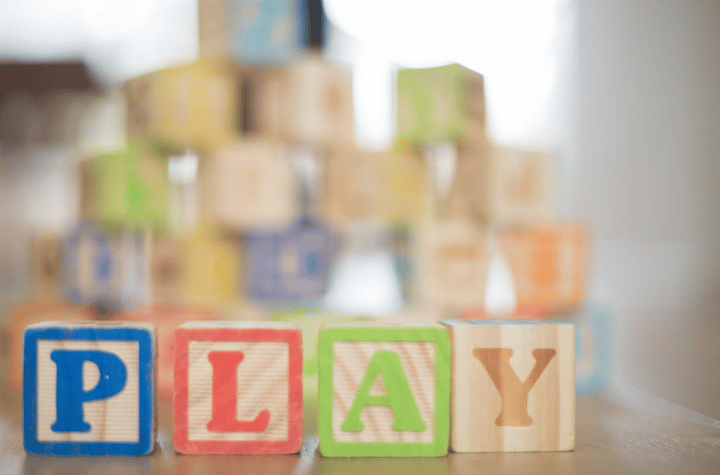Did you know play can be an essential tool in therapy?
Play is a universal concept, existing across all cultures and species. It is important to the development of social learning, problem-solving, and many other skills.
Through play therapy, therapists can use the way a child plays as an aid to understand them and guide them in their development.
But, what is play therapy? How does it work? Keep reading to find out.
Why is Play Important?
Understanding what is play therapy and how it can be so helpful to children requires you to know why play itself is important.
Play is a child’s natural medium of expression and is essential to childhood development.
Through play, children express themselves and often show what is going on in their lives in a metaphorical or symbolic way. It also allows children to work through their experiences and develop a better grasp of reality through planning and experimentation.
Play activities are essential for a child’s growth, helping with communication skills, emotional and cognitive development, social skills, and decision-making skills. Through play, children have the opportunity to self-express, master skills, and grow in a way that matches the child’s developmental level.
What is Play Therapy?
Play therapy is like counseling in its aim, except it is primarily used for children.
Play therapy utilizes play activities to help children express their feelings more easily, through toys instead of words. This allows a play therapist to better establish an interpersonal relationship with a child in a safe environment.
Some benefits of play therapy include helping a child:
- Take responsibility for their behavior
- Develop coping strategies
- Develop problem-solving skills
- Improve self-respect
- Increase empathy and respect for others
- Alleviate anxiety
- Learn to experience and express feelings in an appropriate way
- Improve social skills
- Strengthen family relationships
- Encourage the use of language
The aim of a play therapist is to interact with the child on their level and gradually develop a warm, caring relationship with them. Over time, the child may grow less guarded and more likely to share their feelings.
For this to occur, it is important that the child does not feel pressured to share and is comfortable communicating in their own time and method.
How Does Play Therapy Work?
Depending on the therapist and the particular needs of the child, play therapy may differ.
Some techniques a play therapist may use include:
- Creative visualization
- Storytelling
- Role-playing
- Toy phones
- Puppets, stuffed animals, and masks
- Dolls and action figures
- Arts and crafts
- Dance and creative movement
- Musical play
- Blocks and construction toys
- Water and sand play
In general, the play therapist provides a variety of toys that the child can choose from. Then, the child decides what toys to play with and how to play with them.
Play therapy aims to have as few limitations as possible. However, destructive behavior with a toy is discouraged, so the therapist uses limit-setting to help the child learn how to express themselves in a more effective and socially-acceptable way, as well as develop self-control.
Play Therapy and Psychotherapy in Nashville, TN
Now that you know the answer to what is play therapy, you can decide if it may be of some benefit to your child.
Through play therapy, a trained therapist can observe and gain insights into what your child is experiencing. These insights can be used to help your child explore their emotions, deal with unresolved trauma, learn new coping mechanisms, and redirect inappropriate behaviors.
At Nashville Behavioral Health, we value the relationship between a therapist and client. We understand that this relationship is not just essential to childhood play therapy but all other types of therapy as well, including family therapy and addiction treatment.
Contact us today to see how our services may benefit you or your child, whether it be play therapy or addiction treatment,

